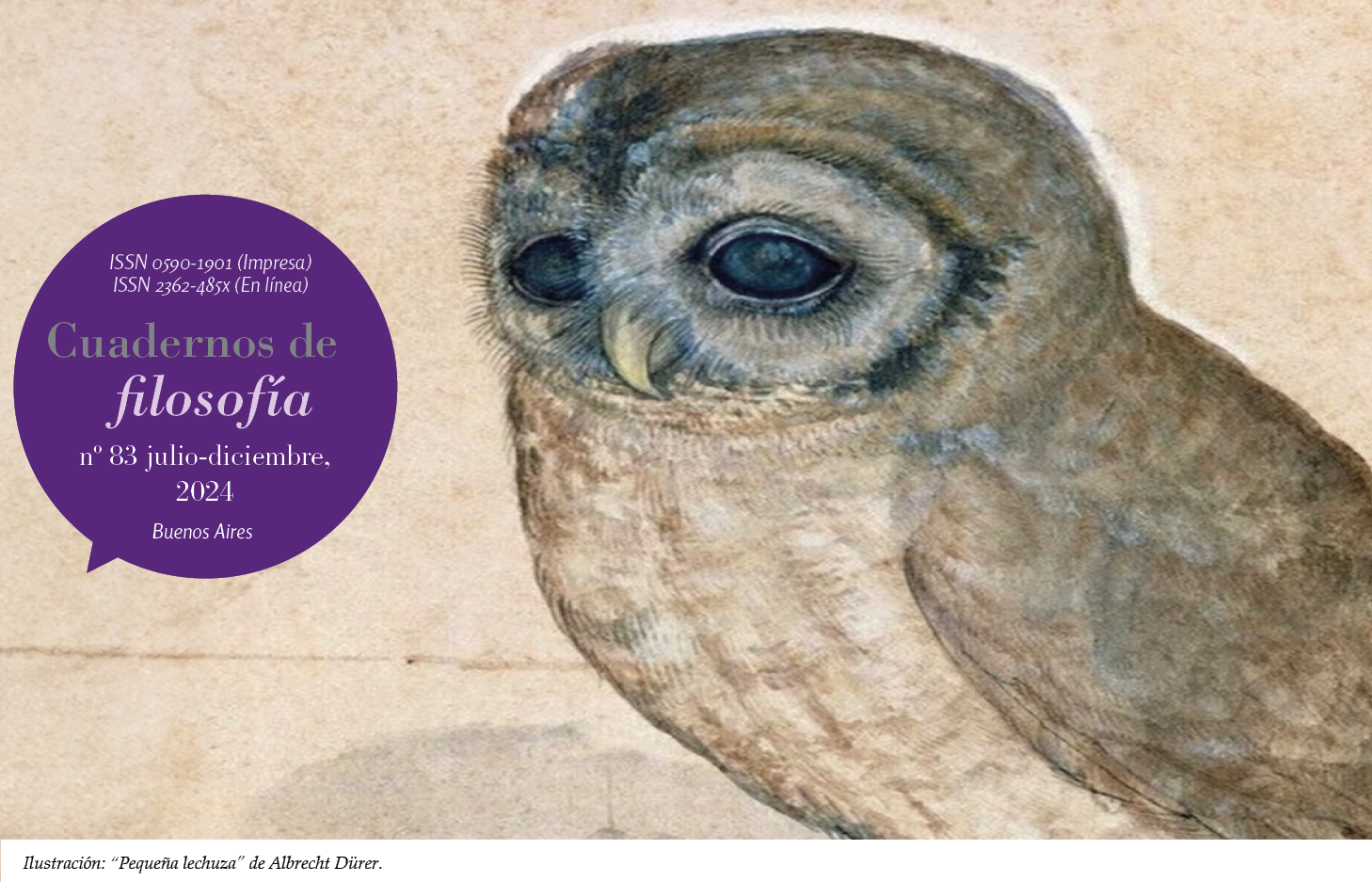La Kant´s Conception of Existence
Its Relation to the Theories of Being of Scholastic Metaphysics
Abstract
That existence cannot be a real predicate of the concept of a thing is not an original claim of Kant; it is, strictly speaking, a variation of a possible theory on existence that was already advanced by medieval and modern Scholastics. Thus, the analysis of the debates on being and essence of scholastic metaphysics allows us to better understand the meaning of the different possible approaches to the general problem of the relation between determinacy and existence. Against this historical and conceptual background it becomes possible to examine Kant's thesis on existence with new theoretical tools so as to delimit with greater precision its meaning and its difference not only with respect to the thesis of authors such as Wolff and Baumgarten, but also with respect to that of Kant's own immediate successors. Post-Kantian idealism explicitly criticizes Kant's conception of existence by resorting, in turn, to arguments that in not a few cases have also been recognized and partially developed by scholastic metaphysics.Downloads
Los autores/as que publiquen en esta revista aceptan las siguientes condiciones:
Los/as autores/as [traductores/as] conservan los derechos de autor/a y ceden a la revista el derecho de la primera publicación, con el trabajo registrado con Licencia Creative Commons Atribución-NoComercial-CompartirIgual 4.0 Internacional, que permite a terceros utilizar lo publicado siempre que mencionen la autoría del trabajo y a la primera publicación en esta revista.
Los/as autores/as pueden realizar otros acuerdos contractuales independientes y adicionales para la distribución no exclusiva de la versión del artículo publicado en esta revista (p. ej., incluirlo en un repositorio institucional o publicarlo en un libro) siempre que indiquen claramente que el trabajo se publicó por primera vez en esta revista.
Se permite y recomienda a los/as autores/as a publicar su trabajo en Internet (por ejemplo en páginas institucionales o personales).
Políticas de detección de plagio
La colaboración de los y las editores/as, autores/as y evaluadores/as de esta revista y la guía de ética de los procesos editoriales se rige por los Principios de transparencia y buena práctica en publicaciones académicas del Committee on Publication Ethics (COPE) disponible aquí.
Todos los artículos enviados a esta publicación serán supervisados mediante una búsqueda online.







